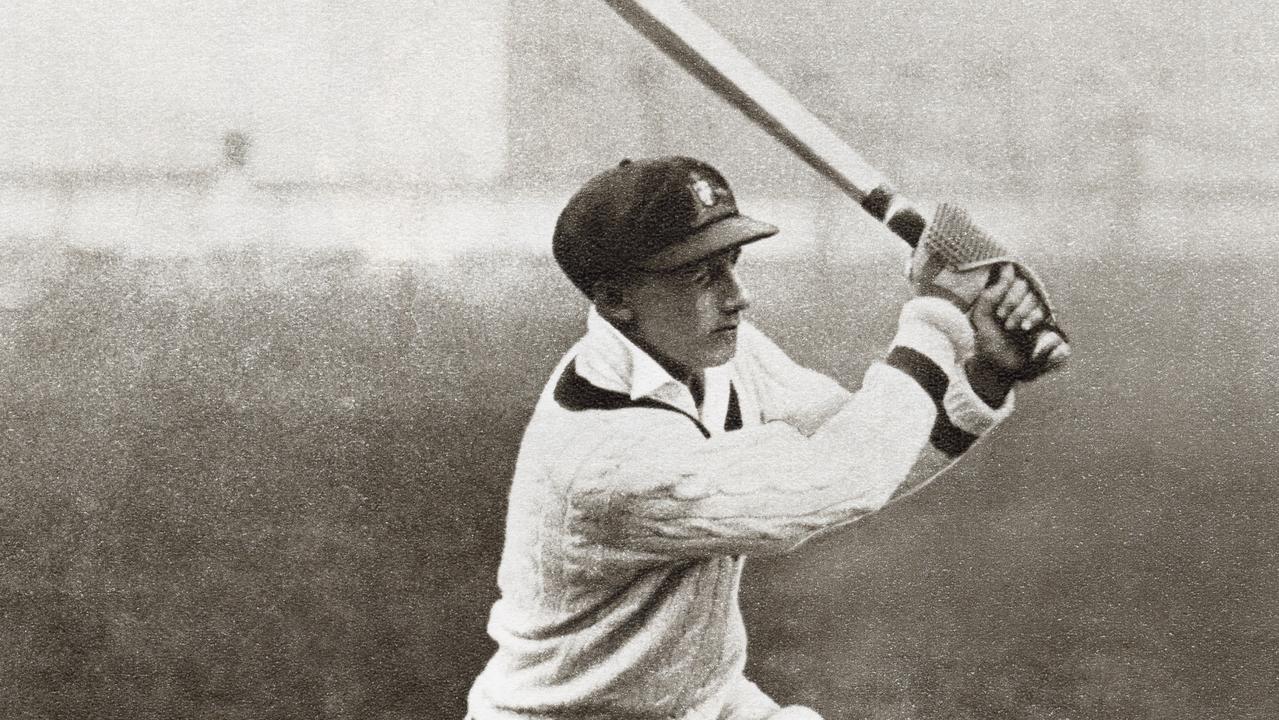Mariza brings the feeling of Portuguese fado to WOMADelaide
Much has happened in the 18 years since Mariza’s last visit to South Australia.
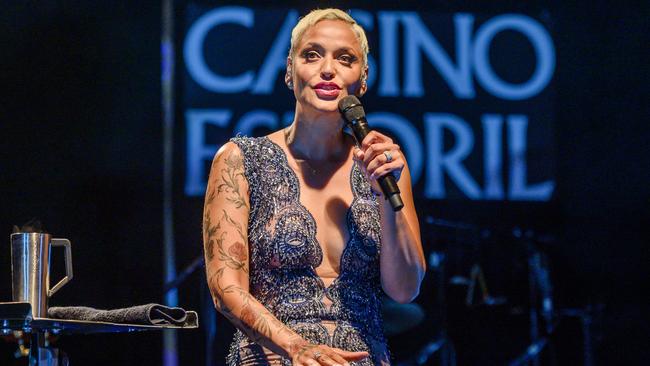
SA Weekend
Don't miss out on the headlines from SA Weekend. Followed categories will be added to My News.
From the outset, Portuguese superstar Mariza seemed fated to become a fado singer – albeit one who has reinvigorated and transformed the country’s traditional musical style with influences ranging from her own African heritage to bossa nova and jazz.
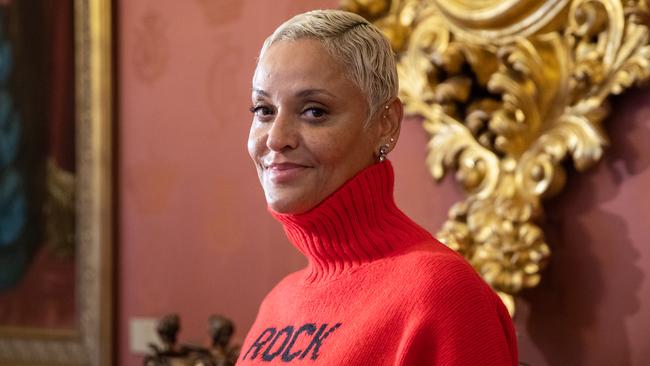
Even the word fado loosely translates as “destiny”.
“Destiny, fate, sign,” explains Mariza, who will be one of the headline acts at WOMADelaide this month, as part of a tour which includes solo shows in Perth, Melbourne and Sydney.
“For people who don’t know anything about this kind of music, you can consider fado to be the Portuguese blues. It is music based in the feelings of life.
“Like the blues, we sing about love, we sing about jealousy, we sing about death, we sing about saudade – a very Portuguese word for which I think in English the most near word is ‘longing’.
“We sing about happiness, we sing about lost loves … everything that is a part of the feeling of being human.
“All the time, it is like telling a story. We are storytellers when we sing this type of music.”
At the heart of that is the singer’s own story.
Mariza was born Marisa dos Reis Nunes in Mozambique to a Portuguese civil servant father and Mozambican mother in 1973, but fled that country’s military coup with her parents to relocate to Portugal when she was three.
“My parents moved from Mozambique to Lisboa (Lisbon) during the independence in 1976, like a lot of people running from war,” she says.
Again, Mariza says it was “probably” her destiny to discover her future in fado. “I had to settle down in the neighbourhood where fado was born in the 19th century – Mouraria,” she says. “Everybody in that neighbourhood, more than 30 years ago, used to sing this type of music, or they used to have what we call ‘Fado life’ … there was a way of talking, a way of dressing, a way of being inside of life.
“A fadista is not only a person who sings fado, but also a person who knows how to live inside of fado.”
Growing up in Mouraria, Mariza says she was surrounded by the form’s most pure singers and musicians.
“In the corners of my neighbourhood I used to listen to fado music.
“When we went to live there, we were kind of outsiders … we didn’t belong to that community, we didn’t belong to that big family that was the neighbourhood.
“My parents, to restart their lives, they rented a little taverna. My father had the idea, to become part of that community, to start doing some fado weekends.
“I was really petite, I started listening, and I started falling in love – and asking if it was possible for me to sing? I started singing fado at five years old, in the middle of all those old traditional fado singers.”

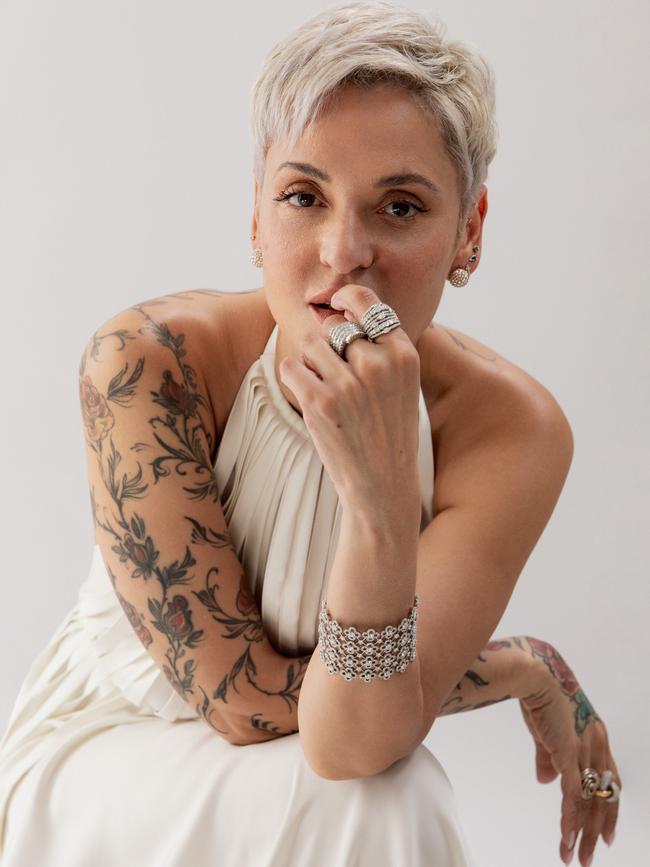
While those older, black-shawled fado singers rarely moved on stage, Mariza gradually brought an exciting, contemporary edge to the art form, eventually working with new songwriters and producers.
However, Portugal only represented a portion of Mariza’s cultural and musical heritage. “From the other side, I had an African mother who was always showing me different styles of music … music from South America, music from Brazil, music from North America, jazz.
“So my musical world, in my brain, is a complete melting pot.
“From one side I know the traditional (fado) so well, but from the other side I have a lot of African music and what other people call ‘world music’ but for me it’s just music.
“When I started making records and feeling like this was going to be my professional life, all of those things started coming through.
“It’s a completely different world. Portuguese guitar is always there, singing in Portuguese is always there, but it’s me.”
Fado came from sailors travelling between Portugal, Africa and Brazil and was originally the name of a dance by African slaves – which Mariza says was banned for being too erotic.
Instead, they began to sing, cries of intense emotion about love, loss or sorrow.
Typically, Mariza rebelled against tradition during her teenage years, dabbling with other styles of music – in part because people had told her she sang fado differently.
When Portugal’s most famous and beloved fado interpreter Amalia Rodrigues died in 1999, Mariza was asked to perform a tribute broadcast and invited to sing in the Netherlands, where she was seen and subsequently signed by the president of the World Connection record label.
Her debut album, Fado em Mim, was released in 2001 and became an instant hit in Portugal and within a year, she was touring the world. By 2006 she had achieved a “dream” by performing at London’s Royal Albert Hall, and made her first trip to Sydney.
As well as the diverse cultural influences that Mariza has incorporated in her fado, her success has given her the chance to work with rock stars including Sting and Lenny Kravitz.
“I’ve always listened to those artists and I was a huge fan of them. Having the opportunity to share music with them was really great – it’s amazing but it’s not for me,” she says of crossing over into the pop world.
Still, she says her own new music isn’t strictly fado, either.
“They are songs that are my way of singing.”
Last year, Mariza did a cover shoot for the Portuguese edition of Vogue magazine, with an issue that was devoted to her father’s birthplace of Porto, also known as Oporto, which is the country’s second largest city.
“I love fashion and I love designers,” she says. “We also went nearby to an old fisherman’s village. It was great having that experience and trying all the dresses – but I’m used to it from when I do my photo sessions for an album or promotion.”
Mariza was last in Australia to perform at WOMADelaide in 2007, and her long-awaited return sees her join a line-up of more than 70 acts from around the world in Botanic Park from March 7 to 10.
These include UK singer-songwriter PJ Harvey, Nigeria’s “Queen of Afropop” Yemi Alade, German electronic artist Nils Frahm, Bosnia-Herzegovina band leader Goran Bregovic and British jazz star Shabaka, Jamaican reggae star Protoje & The Indiggnation, and US hip-hop trio Digable Planets.
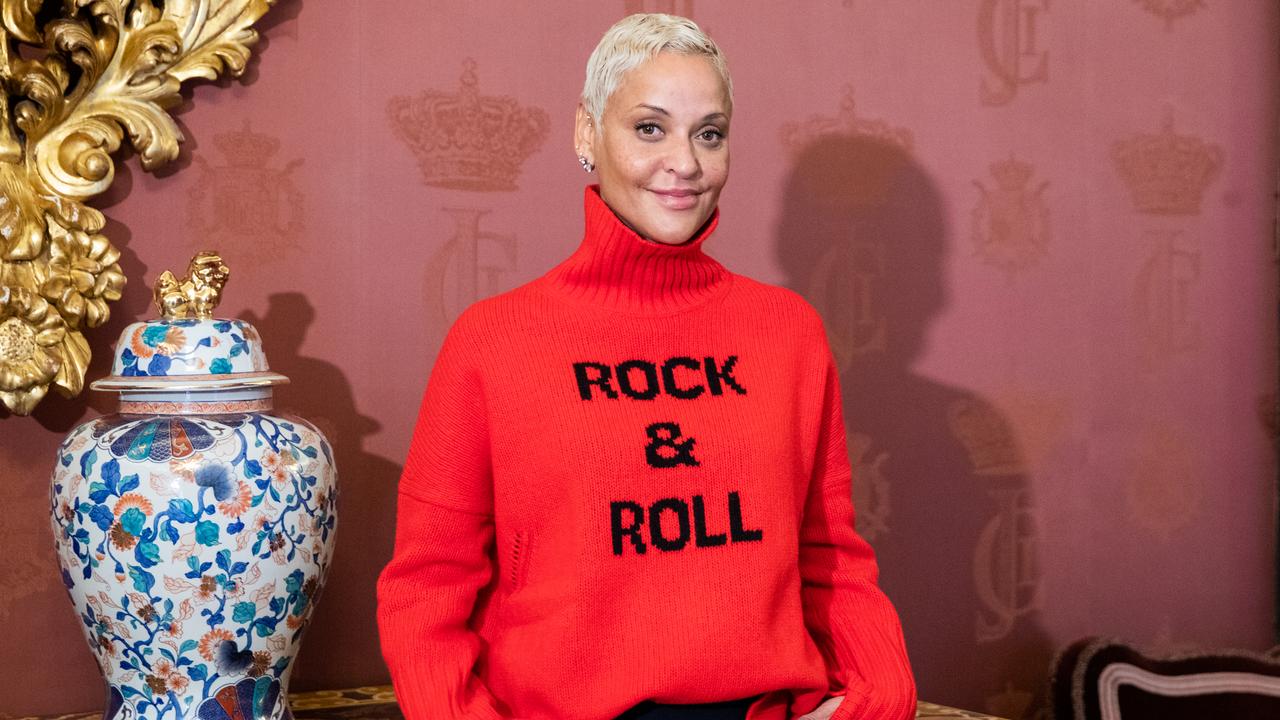

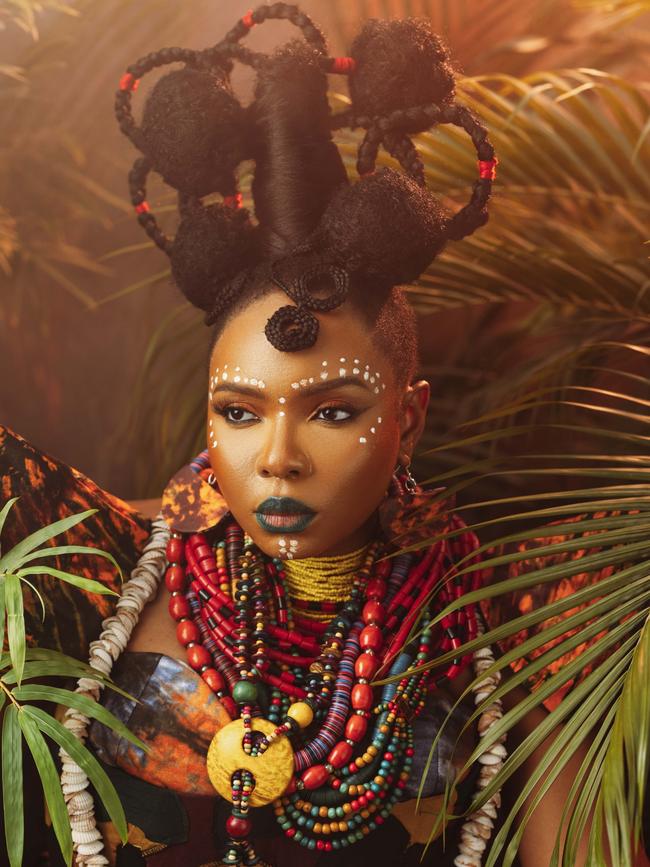
Much has happened in the 18 years since Mariza’s last visit, including her taking a five-year career hiatus to raise her son, who was born in 2011.
Like most live performers, Mariza was forced to take another extended break – this time an unwelcome one – during the covid pandemic.
On her US tour late last year, she opened up to audiences about those dark times, talking of the toll it took on her mental health but also of her ensuing search for meaning, which has manifested itself in her music – particularly her forthcoming album.
“The name of the album is Amor, or in English ‘Love’. I’ve been feeling that, since the covid time, people are a little bit lost,” she says. “They need something like an anchor, to feel they belong to something.
“During the covid time, I went through a small depression, mental depression. I started asking myself as a human being, what I want and what I am looking for?
“At the day that I die, and I pass to another dimension, what did I leave to my son, to my friends, to the audience that came to my concerts and tried to understand the music that I do?
“The name of Love for this record is because I think what people want is love – but I’m not talking about the flesh. I’m talking about love in general: Loving yourself, loving your life, loving your relatives, your son, your daughter.
“It’s not an easy exercise … that’s an exercise that you have to do every day, and music helps a lot.”
The pandemic was hard on musicians not only because it took away their opportunities to perform live and communicate with audiences, but also because it affected a whole team of people whose livelihoods rely on their touring.
“It was really tough for me … I’m not on stage alone. It’s me, musicians, technicians. I’m always worried about everybody that works with me.
“More than one and a half years was completely erased from our schedules.
“We had nothing … like being lost in the middle of the ocean and there’s nothing to grab.
“I started feeling like we were completely alone … we were completely lost. My mind started brainstorming: What are we going to do? We have families … how are we going to survive? My head went poof!”
Once again, Mariza found the path forward through family.
“My mother, she’s a tough African woman,” she laughs.
“She said: ‘That’s enough with everything. We have love – we don’t need more than that. Love, family, is our salvation. Everything is going to pass, so let’s live one day by day.’ And that’s what I did.”
Mariza says that, during the pandemic, she also struggled on a creative level.
“I was really trying to understand myself, trying to understand the world, trying to understand everything that was surrounding me. My imagination was completely empty.”
When she was able to return to performing, it fuelled the return of her creative energy.
“That gave me the strength to start thinking about it’s time to do a new album – but it’s still under construction.
“I’ve released a few songs already, but I’m still working on a lot of stuff.”





